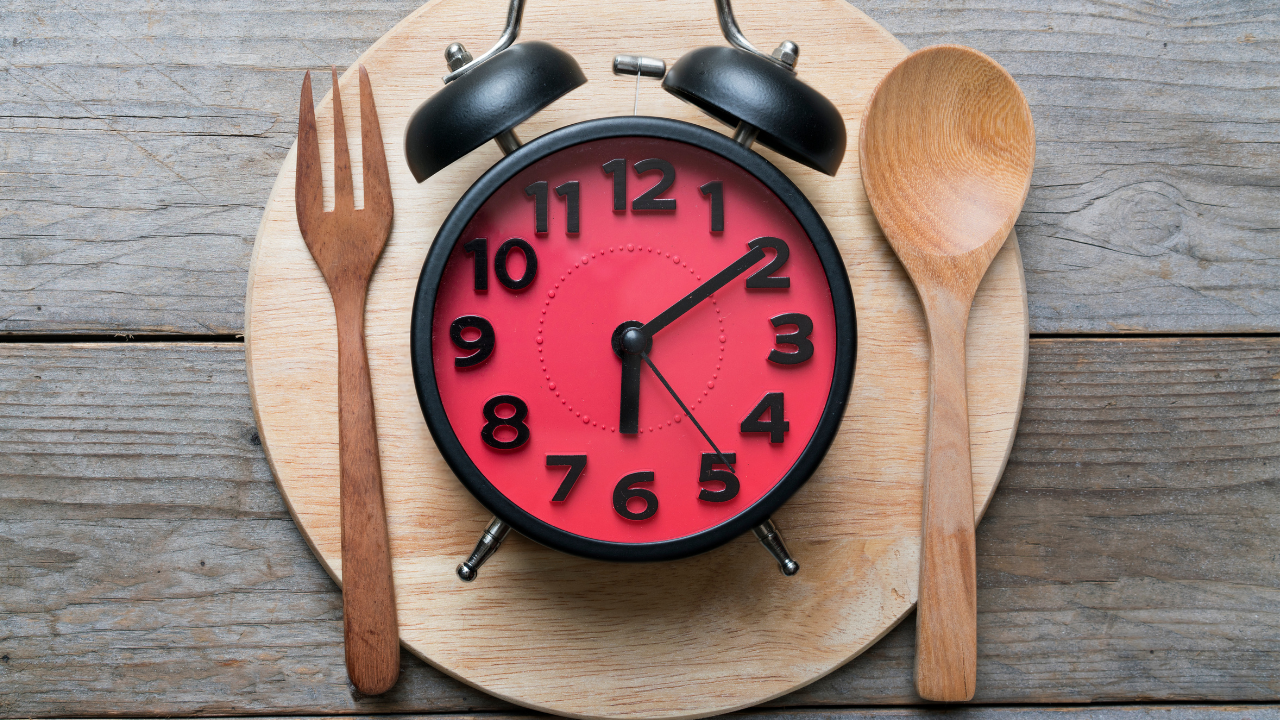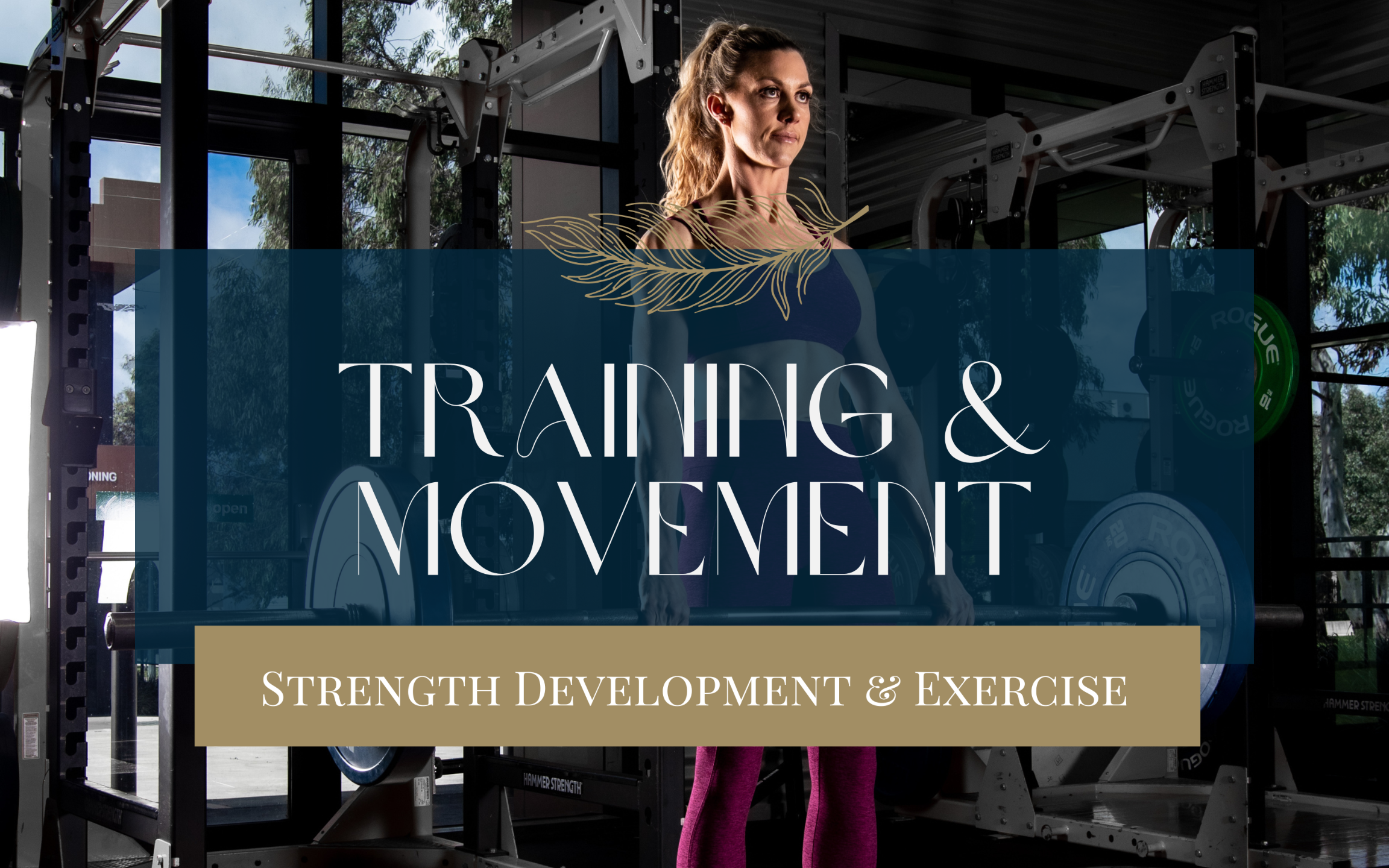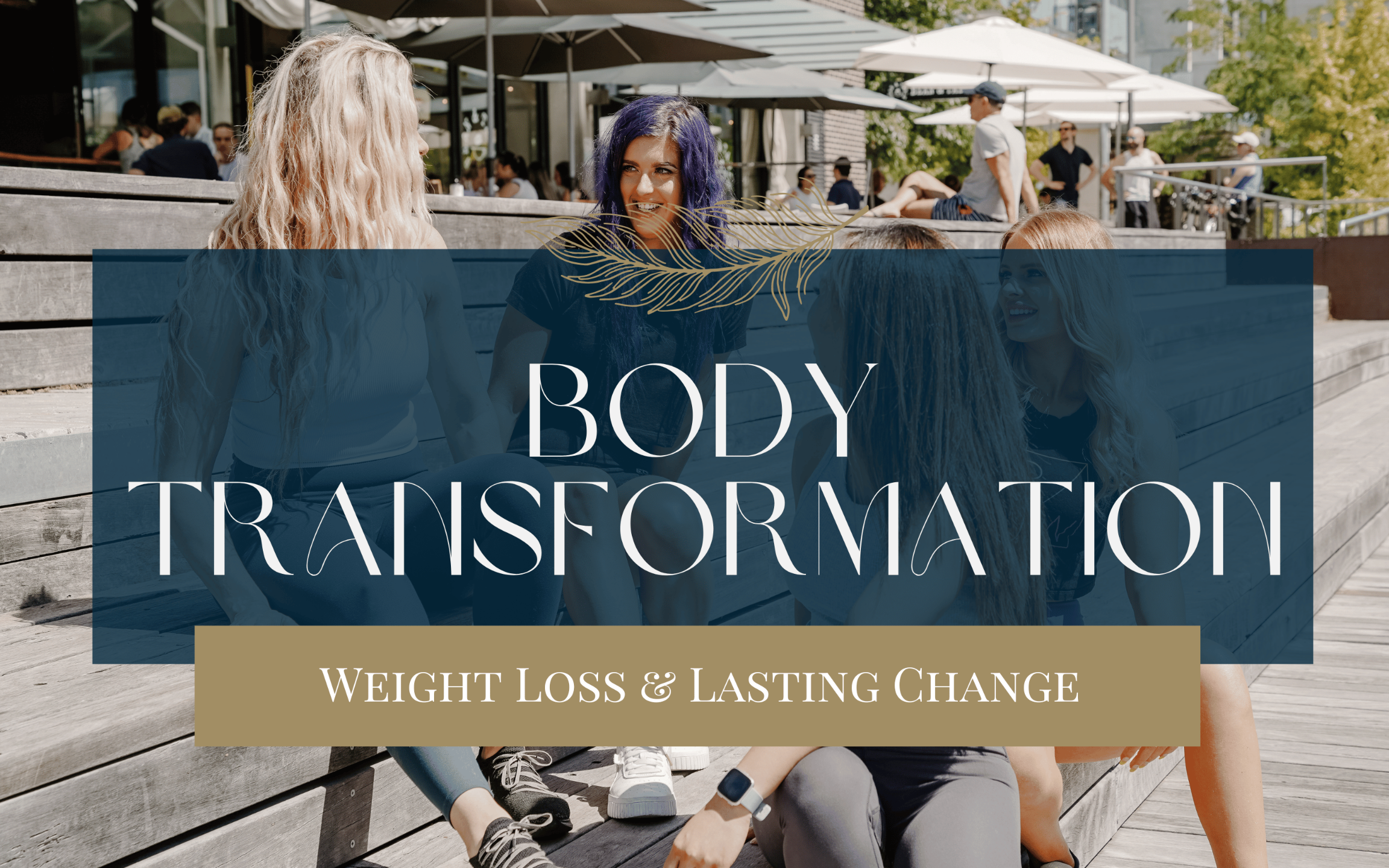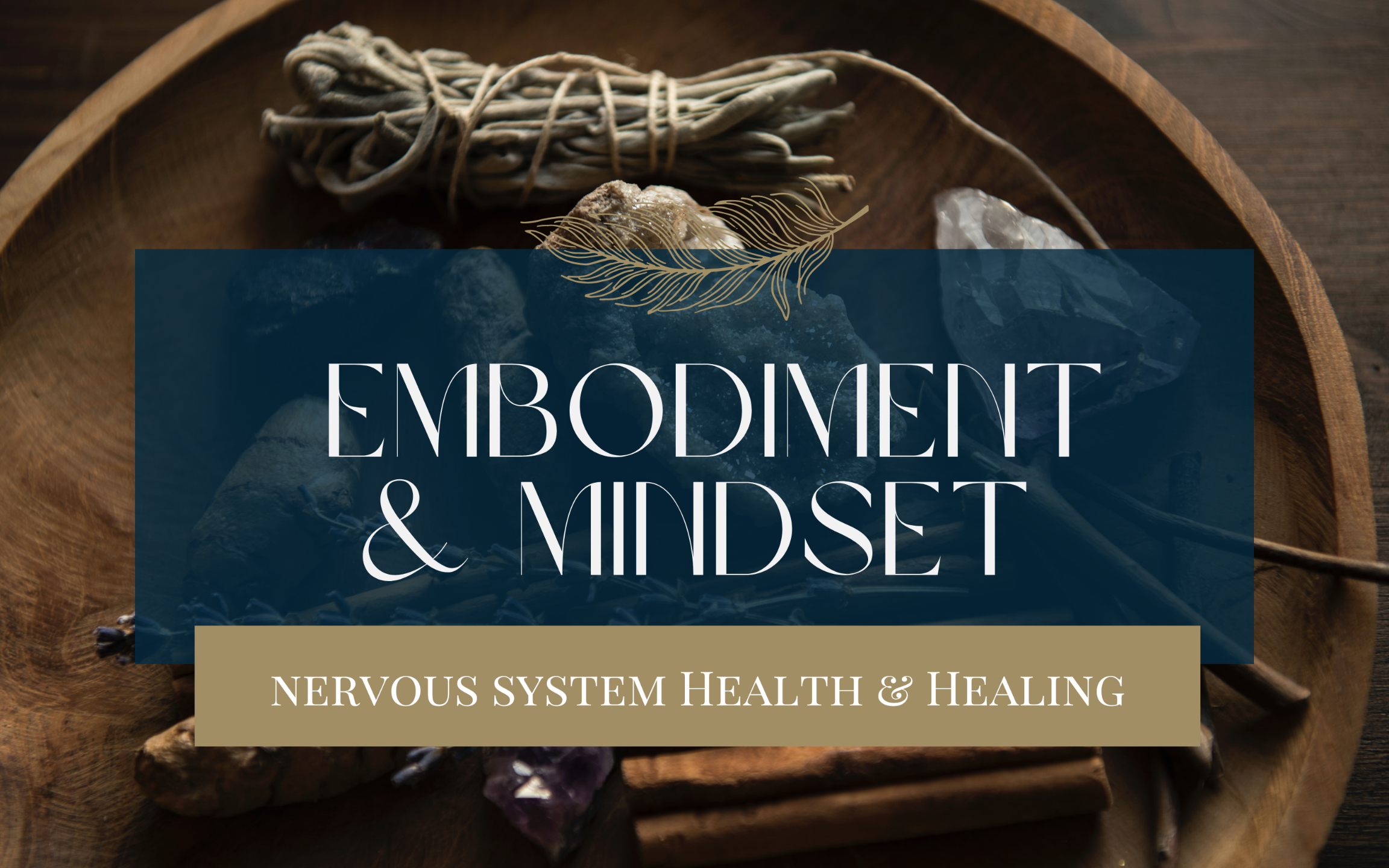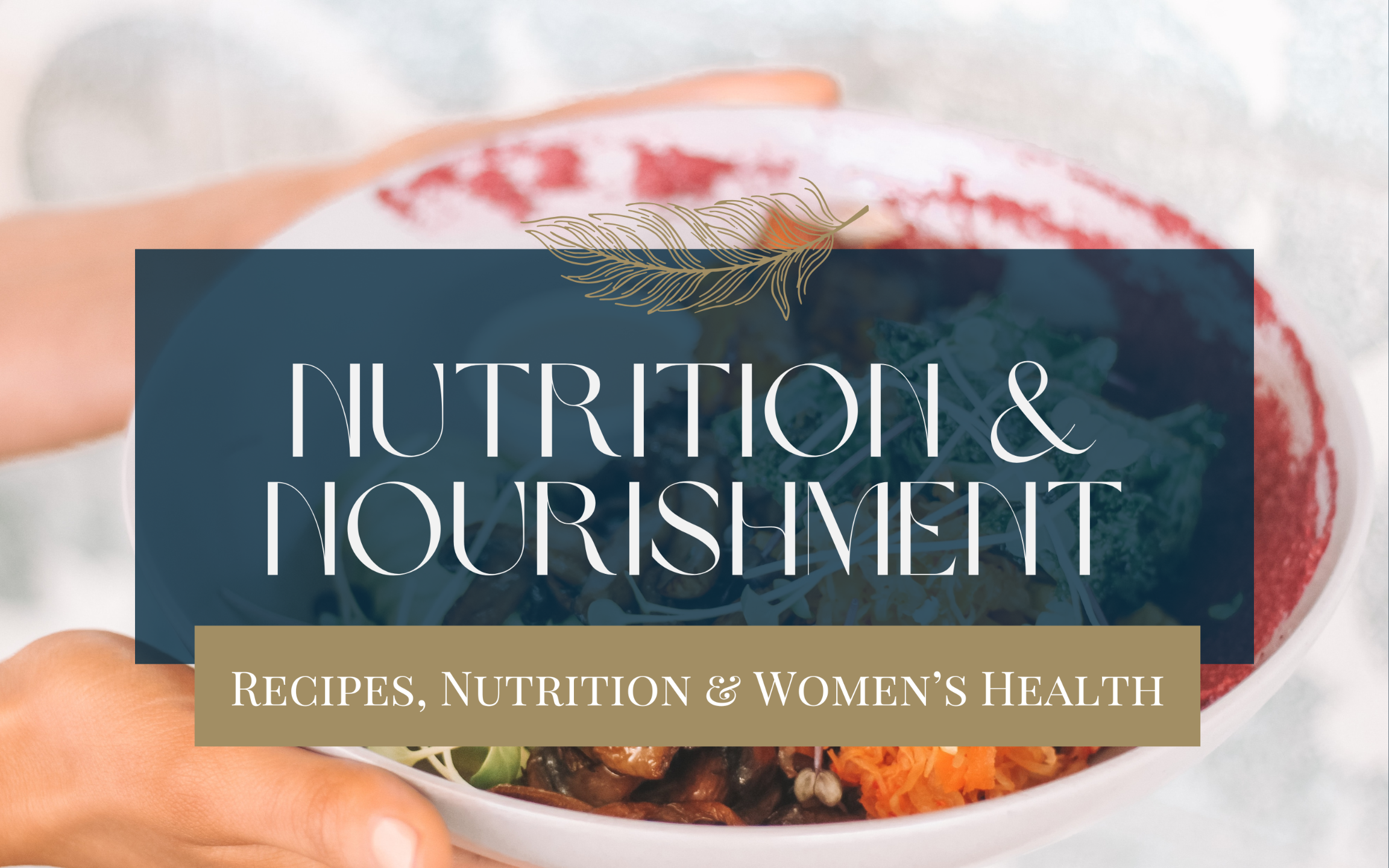EMBODIED WOMEN'S HEALTH COACHING
❁ ❁ ❁
Where strength, nourishment and emotional freedom come together and change everything
Book a Consult
It's Time To Take Your Power Back
Imagine Living Your Life In a Body You LOVE.
You’re here because the constant noise of “health and wellness” has left you overwhelmed and disconnected from what your body actually needs.
Maybe it feels like you’ve tried so many approaches that you don’t know what’s right anymore — one voice says train harder, another says rest more; one tells you to cut calories, another tells you to eat intuitively. You keep swinging between doing everything and doing nothing, and it’s left you feeling confused, tired, and further away from the results you want.
That's where I come in. Here you’ll find a quieter path: strength that feels good, nourishment without confusion, nervous‑system safety, and pattern‑breaking work that lasts — so you can build unshakable confidence from the inside out and say goodbye to diet and fitness culture for good.

WHY WOMEN CHOOSE ME

Truly Holistic.
My coaching is evidence-informed from over 20 years of experience in nutrition, natural medicine and strength training. Every offering addresses the whole person, so your progress comes from real alignment, not quick fixes.

Your Future, Designed.
Due to the number of women I've supported before you, I know what you’re capable of. Together, we shape a clear vision for your future, allowing you to stay focused on your transformation, and on becoming the woman you dream of.
Nutrition as Medicine.
With training in nutrition and naturopathy, you'll receive personalised nutrition plans that deliver results without the guesswork. You still get to enjoy the foods you love, whilst edging toward sustainable transformation.
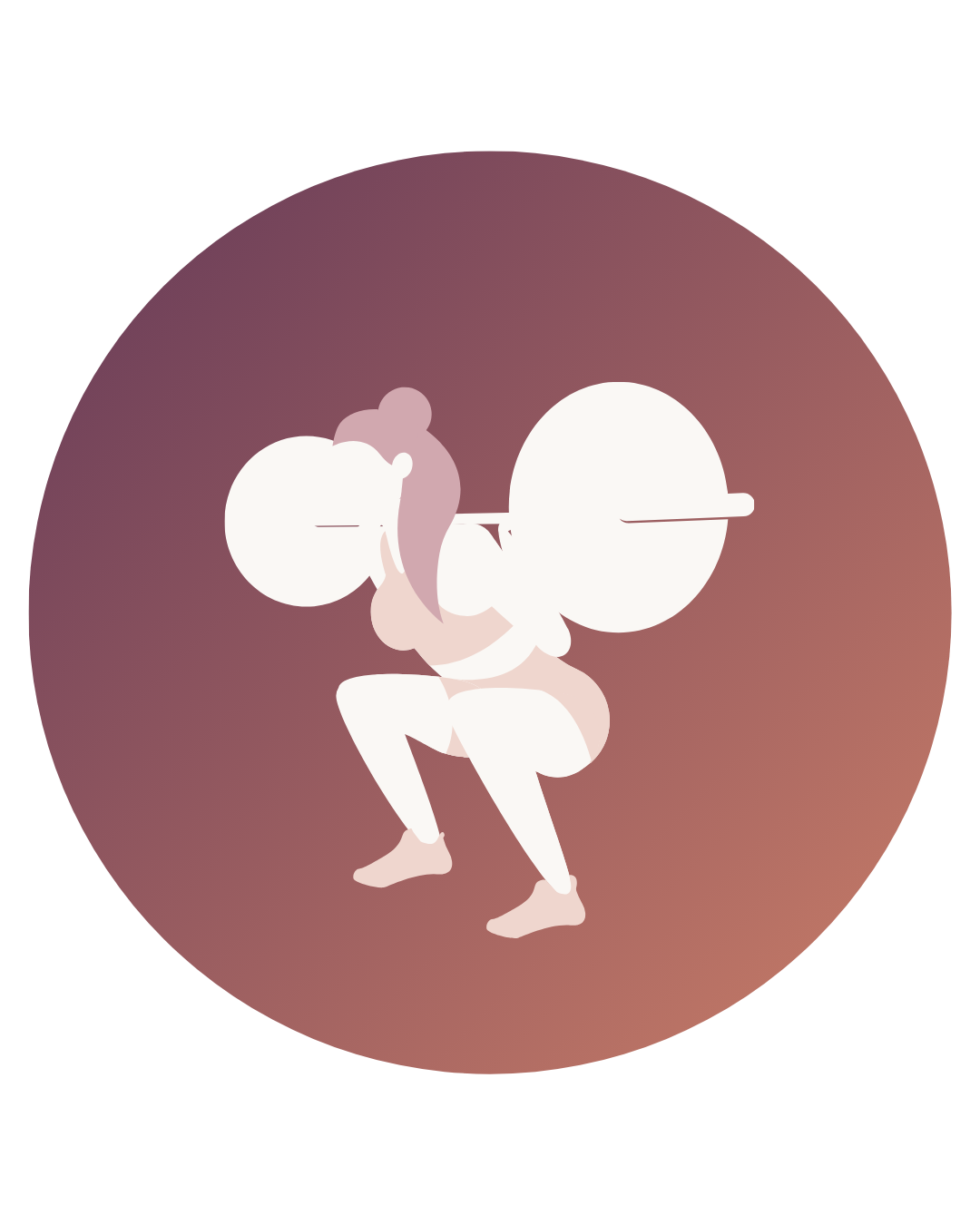
Strength & Movement..
Muscle is medicine for metabolism, hormones, and long‑term vitality. With over 20 years of hands‑on personal training experience, you'll be assured to skip the guess-work. You'll build quality muscle and feel stronger than ever.

Pattern & Habit Shifting.
Change isn't just about food and exercise. Alongside your lifestyle plan, we’ll uncover and shift the deeper patterns that keep you stuck—so the changes become second-nature.
Let's Work Together
See My Programs and Offerings.

Weight Loss & Transformation Coaching
Completely customised weight loss and body transformation coaching — tailored to your body, goals, patterns, and lifestyle and designed to end the binge-diet cycle for good.
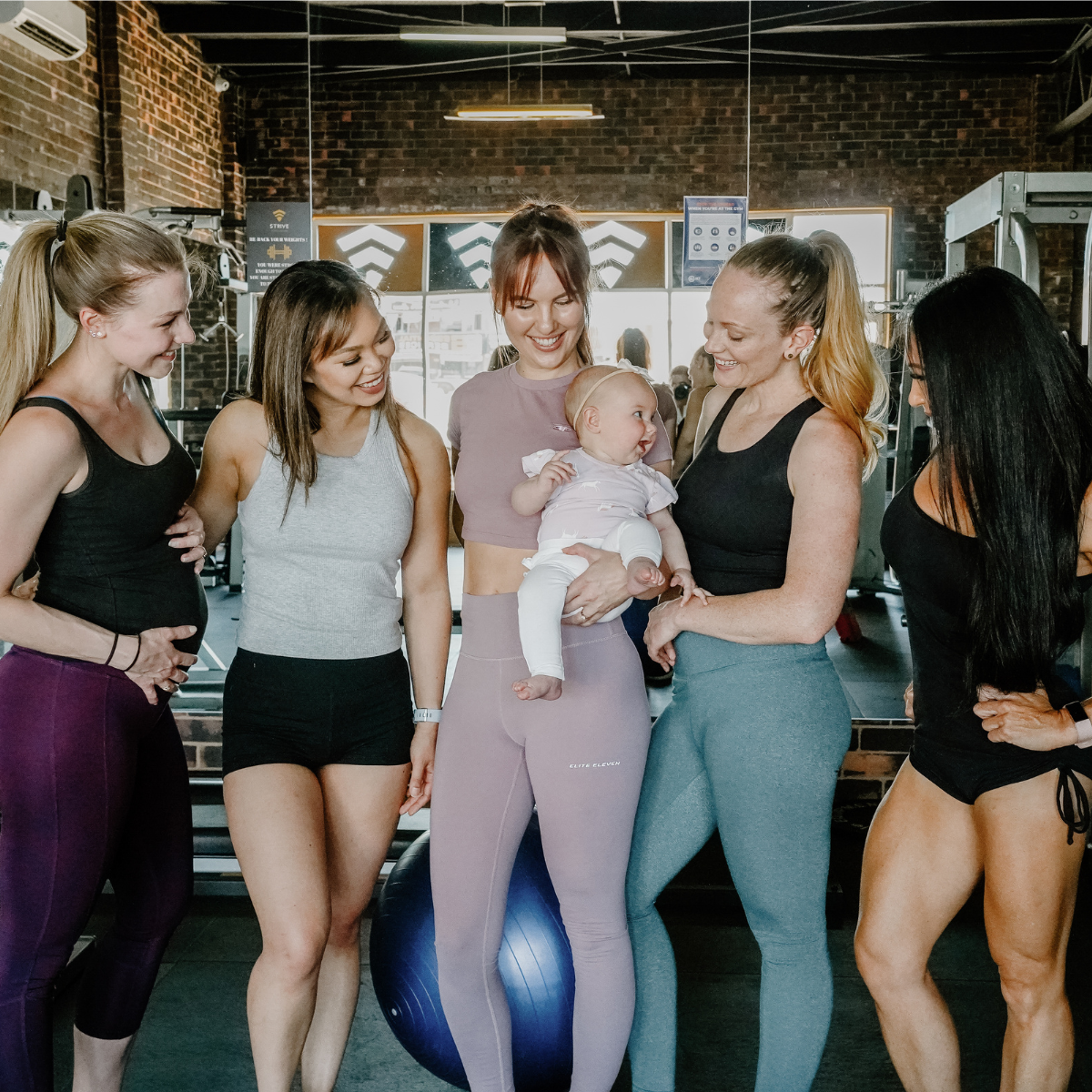
'Weight Reset' Group Coaching Program
A 12‑week live Weight Reset program to correct patterns, regulate your body, and build strength — with support, structure, and community.
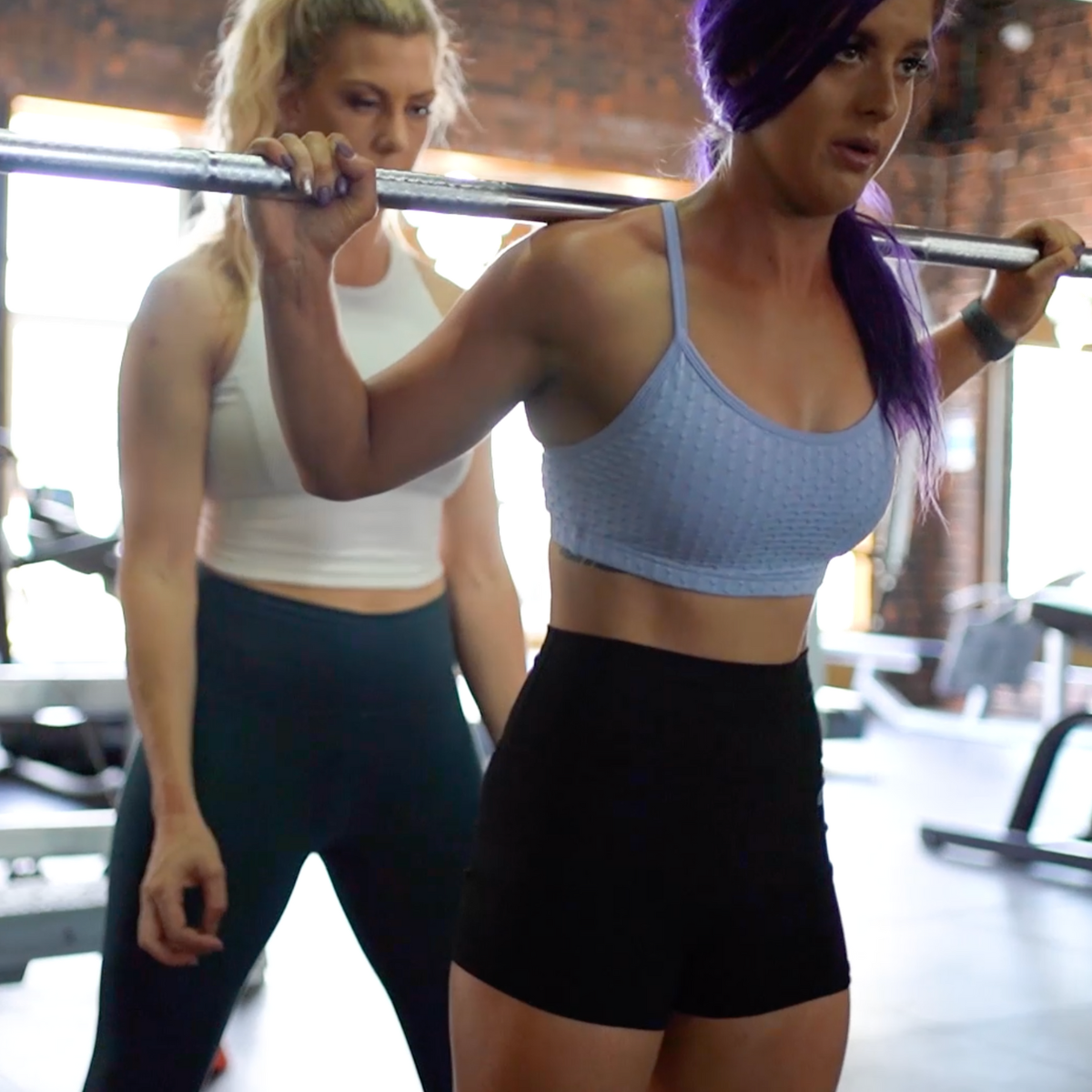
Personal Training & Strength Sessions
Private, strength‑focused sessions where you’ll learn amazing technique, build confidence, and train without the pressure of a commercial gym. Available in Canberra and the Gold Coast

ONLINE PROGRAMS
Transformational Courses
4 Women's health and wellbeing courses including nutrition, fitness and training, nervous system health, and mindset - all in one place.
Book A Consultation
Not sure what coaching program would work best for you? Book a complimentary 30 min consultation. We will discuss your needs and recommend a custom suited program to work with you in achieving your goals.
The last health coach you will never need.
Hi, I’m Jen, founder of Wildly Strong and an award-winning women’s transformation coach.
In 2023, I was honoured to receive the Telstra Women in Business Award for my work helping women break free from diet culture and build strength, confidence and sustainable health for life.
I’ve spent over a decade working with women who felt stuck in the same exhausting cycle you’re in now… chronic dieting, food guilt, body frustration and trying harder with nothing to show for it.
I’ve helped hundreds of every-day women lose weight, rebuild trust with their bodies, and create results that actually last.
But more than anything, I understand this work because I’ve lived it myself, decades ago.
I know what it feels like to battle your body, to try everything, and to believe your body is the thing holding you back. That’s exactly why my approach is different and why it works.
MY FRAMEWORK
Your transformation won’t be rushed or forced — it will unfold. As you build safety, strength, and clarity, you naturally expand into the version of yourself you’ve always felt you were meant to become.

Nourish & Regulate
We create safety first — in your body, your mind, and your nervous system — so transformation has solid ground to grow from.

Strengthen & Shift
When your nervous system feels supported and is freed from unhelpful patterns, consistency becomes natural and your body responds.

Embody & Expand
You embody the woman you’ve been becoming — expanding in confidence, clarity, and possibility.
Testimonials
Let Others Inspire You.
Annie, Public Servant
"Jen is the most comprehensive fitness coach I have ever worked with. She has such a complex understanding of women’s bodies and mindsets/emotions. And with her having her own experience of body dysmorphia and trauma I felt safe to talk to her about everything little thing I experience in that."
Rebekah, Psychologist
"For me getting strong has always been a goal and now I can lift over my body weight (if not double) in my bench press, squat and deadlift. And I actually LOOK like I train now. Being a trainer myself, I know for sure Jen is the most holistically educated trainer out there with such a genuine caring nature."
Em, Personal Trainer
Jen has literally changed my life!! She has helped me to transform from the inside out, by working on my mindset, and tackling my self-sabotaging habits and emotions. I didn’t even have an understanding of how important ‘mindset’ was when it comes to getting results. I feel Jen has gone out of her way to educate me.
Lisa, Health Coach
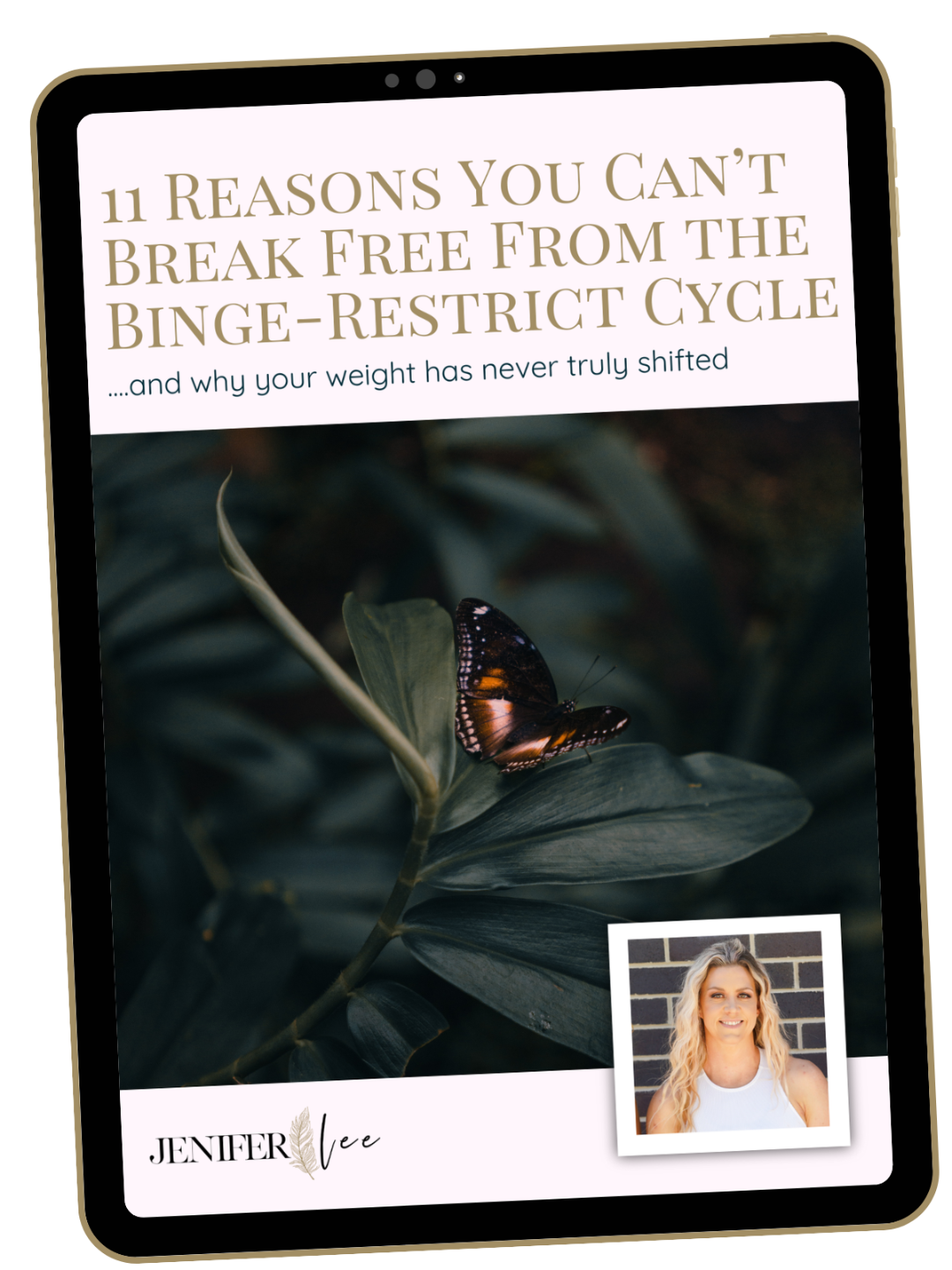
Free Download!
11 Reasons You're Stuck in the Binge-Restrict Cycle, and Why Your Weight Has Never Truly Shifted
Begin your journey with this gift.









